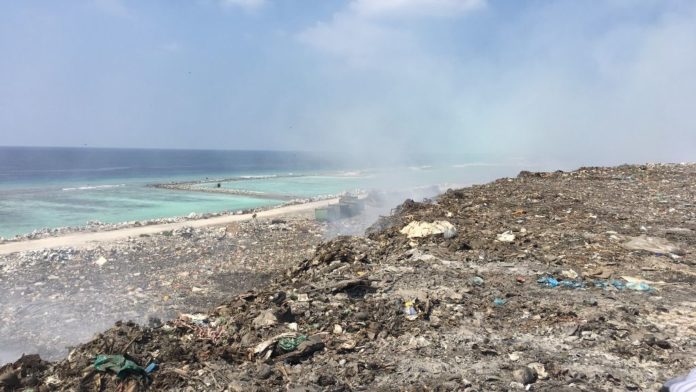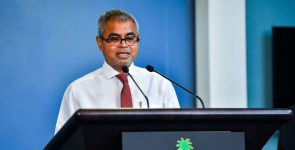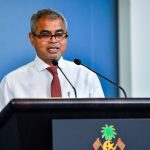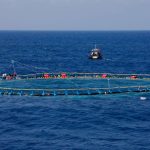
The Board of Directors of the Asian Development Bank (ADB) has approved a $33.07 million grant to improve environmental protection and sustainability efforts in the Greater Malé capital region and its surrounding islands in Maldives through the establishment of a sustainable solid waste management system.
“With Maldives’ continued urbanization and popularity as a tourist destination, there is a need to address the growing issue of solid waste,” said ADB Senior Urban Development Specialist Mr. Ron H. Slangen. “ADB’s support will help provide a healthy living environment in the Greater Malé capital area and its surrounding islands, boosting the country’s growth and tourism prospects.”
Greater Malé and its inhabited outer islands lack an organized and sustainable waste management system for the 774 tons per day of mixed solid waste that the area currently generates. This figure is expected to grow as urbanization and tourism increase. Open dumping and burning of garbage in the area also pose environmental and public health hazards, compromising air quality, as well as contaminating soil and groundwater.
The project will install an improved waste collection, transfer, and disposal system, including, trucks, transfer stations, waste vessels with rehabilitated harbor, and heavy equipment for dumpsite management. The whole system will be made climate- and disaster-resilient through strengthened seawalls, raised floor elevations, enhanced drainage, and emergency planning and awareness raising. Community-based island waste management systems will be enhanced on 32 inhabited outer islands covered by the project. The project is expected to benefit 216,000 people, or half of Maldives’ population.
ADB will also provide a $500,000 technical assistance (TA) grant to strengthen the capacity of the Waste Management Corporation Limited, the state-owned operator tasked to manage solid waste in the project area. The TA is financed from ADB’s Technical Assistance Special Fund.
Total cost of the project is $40 million, with the Government of Maldives providing $4.93 million. It is expected to be completed by the first half of 2023.
ADB, based in Manila, is dedicated to reducing poverty in Asia and the Pacific through inclusive economic growth, environmentally sustainable growth, and regional integration. Established in 1966, it is owned by 67 members—48 from the region. In 2017, ADB operations totaled $32.2 billion, including $11.9 billion in cofinancing.












